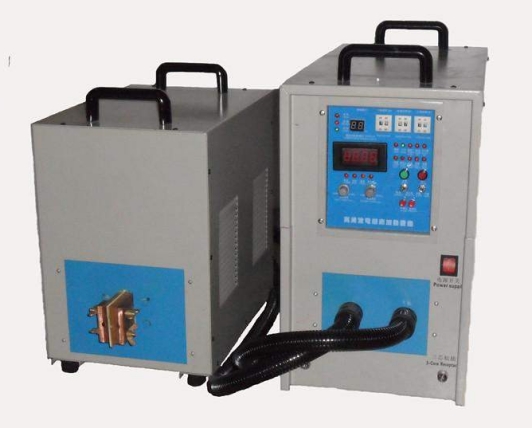- 06
- Oct
Induction hardening process debugging and matters needing attention
Induction hardening process debugging and matters needing attention
Process debugging of induction hardening:
(1) Check that the selected heating power source and quenching machine tool are in good condition and operating normally.
(2) Installation Install positioning fixture or top, inductor, workpiece and quenching pipeline.
(3) Start the equipment test parameters. Specifically, 1 water supply: start the equipment cooling pump and quenching pump and check the pipeline flow and adjust the pressure. 2 Tuning: Connect the appropriate quenching transformer turns ratio and capacitance to make the power supply oscillate and prepare for the output of quenching power. 3 Frequency modulation: After the power supply oscillates, further adjust the turns ratio and capacitance to output the quenching current frequency, and pay attention to the ratio of voltage to current.
4 Power adjustment: increase the voltage. Call out the heating power required by the workpiece during quenching.
5 Adjust the heating temperature: adjust the heating time, the distribution of the magnetic conductor, the gap (or moving speed) between the inductor and the heating part, and determine the quenching heating temperature.
6 Adjust tempering temperature: adjust the cooling time to determine the self-tempering temperature. (Selected from use during tempering, even if self-tempering is not used, a certain amount of residual temperature must be left to prevent parts from cracking).
7 Trial quenching and quality inspection: After the quenching parameters are determined, the trial quenching is performed, and the surface of the quenched sample is visually inspected according to the specified method. The test results shall be recorded in time.
8 Record the trial quenching parameters: fill in the induction quenching and tempering process parameter record table in time after trial quenching for later use.
9 Submit for inspection: The samples that pass the self-inspection will be sent to the metallographic room for further surface quality inspection, and an inspection report will be issued.

